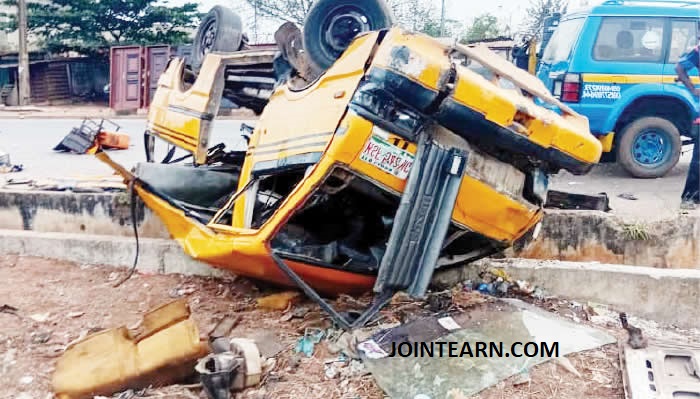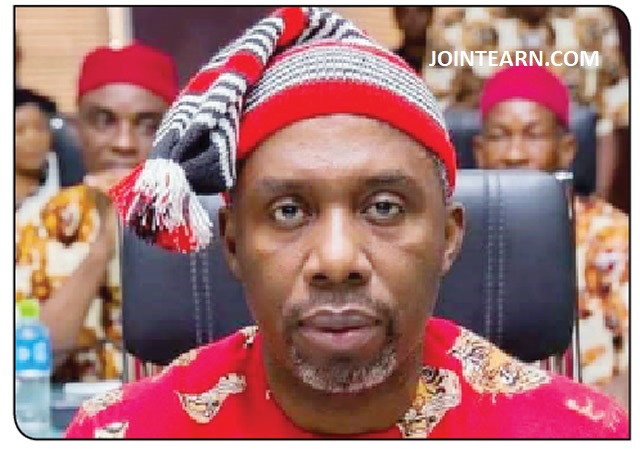The 2024 West African Senior School Certificate Examination (WASSCE) results have sparked deep concern among educators and parents in Lagos State, as data reveals that 31,596 students failed to secure the minimum five credits required, including in core subjects like English Language and Mathematics.
The staggering figure emerged from the official analysis of the performance of candidates who sat for the examination in Lagos public and private secondary schools. Out of 85,056 candidates who registered and wrote the examination in the state, only 53,460 students obtained credit passes in five subjects and above, including English and Mathematics, which is the basic requirement for admission into higher institutions in Nigeria.
This leaves a worrying 37.1% of students who failed to meet this academic benchmark—an outcome that has triggered urgent conversations around the state of secondary education in Nigeria’s commercial capital.
Education Stakeholders Express Concern
In response to the results, education stakeholders in Lagos have called for immediate intervention to address the recurring issues of poor academic performance. Teachers, school administrators, and civil society organizations have expressed concern over what they describe as a deepening crisis in the sector.
Speaking to reporters in Ikeja, the Chairman of the Lagos State Chapter of the Nigeria Union of Teachers (NUT), Comrade Hassan Olanrewaju, said the figures reflect systemic issues that go beyond classroom teaching.
“These results are an indication of wider problems within the system—ranging from inadequate infrastructure, poor teacher-to-student ratios, to the lack of consistent teacher training,” Olanrewaju stated. “Many students are being pushed through the system without the foundational knowledge they need to excel.”
He urged the Lagos State government to prioritize education in both funding and policy reform, adding that continuous professional development for teachers and investments in school infrastructure are long overdue.
Lagos Ministry of Education Reacts
Reacting to the figures, the Lagos State Ministry of Education acknowledged the performance gap and assured the public of renewed efforts to raise educational standards across all zones. The Commissioner for Education, Mrs. Folasade Adefisayo, described the performance as “a call to action,” and emphasized that government was already working on data-driven interventions.
“We are not pleased with the failure rate, and we are committed to addressing this. Our approach going forward will be based on strengthening literacy and numeracy from primary school, expanding teacher training programs, and reviewing curricula to meet modern learning needs,” Adefisayo said.
She added that Lagos State had already commenced digital learning initiatives and after-school tutoring programs in some underserved communities as part of its response to the growing academic challenges.
Education Experts Cite Multiple Causes
Educational experts have pointed to several factors contributing to the poor WAEC performance, including student absenteeism, lack of parental support, overcrowded classrooms, and outdated teaching methods.
Dr. Emmanuel Odubanjo, a lecturer in the Faculty of Education at the University of Lagos, noted that while WAEC results fluctuate annually, the recurring high failure rate suggests deep-rooted structural problems.
“Preparation for WAEC is not something that starts in SS3. It begins in primary school. If the early foundation is weak, by the time students reach senior secondary level, many are already set up for failure,” he explained.
He emphasized that curriculum reform, psychological support for students, and digitized learning environments must be implemented at scale if real change is to occur.
Parents and Students React
Some parents in Lagos have also expressed disappointment over the results and are calling for greater accountability from schools. Mrs. Janet Ayoola, whose child wrote the 2024 WAEC exams in a public school in Alimosho, said she was shocked to discover that many students, including her son’s classmates, failed key subjects.
“Some of these children put in effort. I think there’s something wrong with the teaching methods or maybe the examination style. It’s disheartening to see children lose hope so early,” she said.
Meanwhile, some students who did not meet the minimum requirement have expressed frustration over the implications for their future plans. For many, their dreams of pursuing higher education may be delayed or even derailed.
“I was hoping to study Computer Science at the university, but I didn’t pass Mathematics,” said 17-year-old Ibrahim Lawal. “Now, I have to look for alternative routes or rewrite the exam. It’s very discouraging.”
Calls for Curriculum Overhaul and Policy Reform
Civil society organizations advocating for educational reform are now calling on both state and federal authorities to urgently overhaul the curriculum and examination frameworks. The Executive Director of the Education and Reform Initiative (ERI), Mrs. Grace Umeh, described the WAEC failure rate in Lagos as “an education emergency.”
“This is not just about WAEC. This is about the future of our youth. When 31,000 students fail, it is a red flag that the system is not working. We need an urgent review of our policies, learning environment, and examination structures,” she stated.
ERI is advocating for state-wide academic assessments every academic term to monitor student progress, along with investment in e-learning resources, especially in public schools.
Looking Ahead
As discussions continue on how to address the poor WAEC results in Lagos State, the need for urgent reform has never been more apparent. The government, educators, parents, and students must now work together to confront the underlying issues affecting performance in external examinations.
While the numbers are grim, education experts insist that targeted and consistent policy changes, along with political will, can turn the situation around in the coming years. For now, the hope is that the 2024 WAEC performance will serve as a catalyst for overdue transformation in Lagos’ education system.












